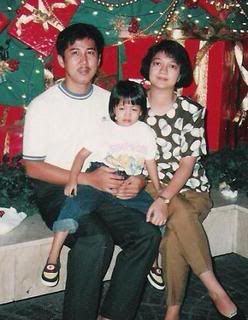Being Indispensable
In the modern era, a lot of businesses wouldn’t function properly without the support of an IT (Information Technology) infrastructure. IT people, me included, are often in the backroom somewhere supporting, enhancing, and maintaining mission critical systems that keep a business going. Some systems are so vital that any malfunction could amount to millions of dollars in losses or even the business to collapse.
It is not surprising, therefore, for lots of IT people to feel important. A developer of a business application program knows the ins and outs of the system. Knows how it works and how each piece ties together in order to deliver a solution. That knowledge sometimes makes a developer feel god-like. Sa isipan ng programmer, hindi aandar ang sistema kung wala siya o sibakin siya sa trabaho. This is one reason why some programmers have that air of over-confidence in themselves. They feel secured na hindi sila basta-basta sisisantihin sa trabaho. But is this over-confidence warranted?
I’m afraid not. The fact remains, no one is indispensable. The business may suffer momentarily with the loss of a staff member critical to its operations. But that’s only temporary. The business have ways to circumvent difficulties. Should the computer program that you wrote and supported for years cease to function, the business will simply try and find other programs that will do the same thing. Worst case, things can be done manually. Slow maybe, but still the business will cope and survive.
I say this because I once had that attitude that I was indispensable. Until one day, because of a contract dispute, the boss simply fired me along with a few others. So what happened to the IT projects we started? Nothing. It’s like they just reformatted the hard drive. The company hired new people and started all over again.
PS. Today I just handed in my resignation to join a company over at the Northshore early next year. My boss said, he was reluctantly accepting my resignation and wished me well in my future work. See what I mean, hindi man lang ako pinigilan. Sabihin ko kaya sa kanya na nagbibiro lang ako?



